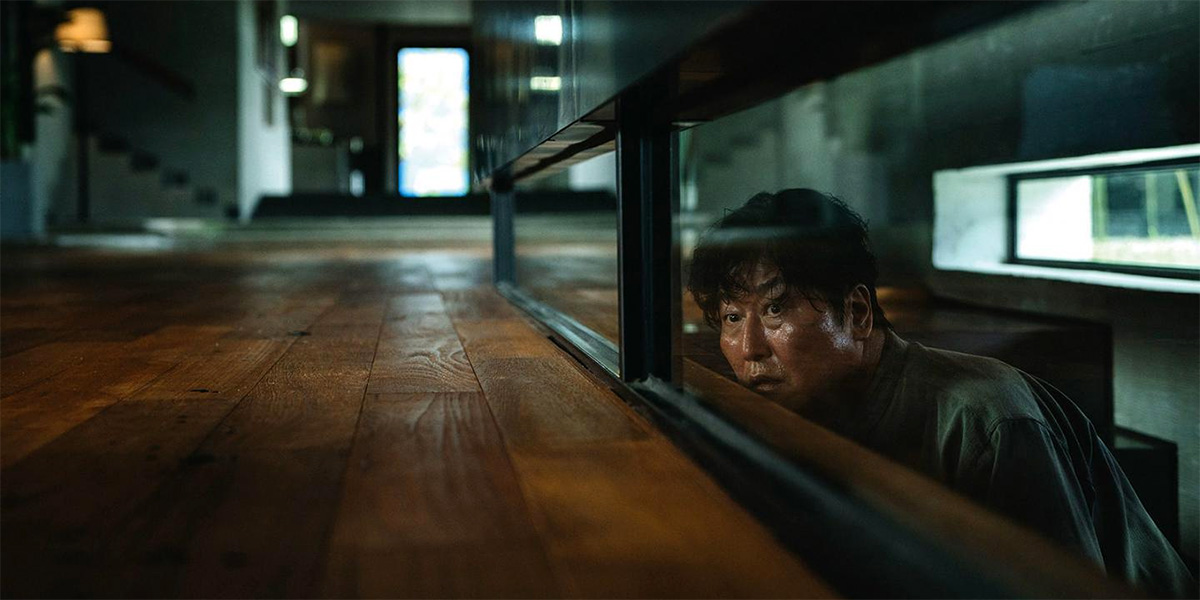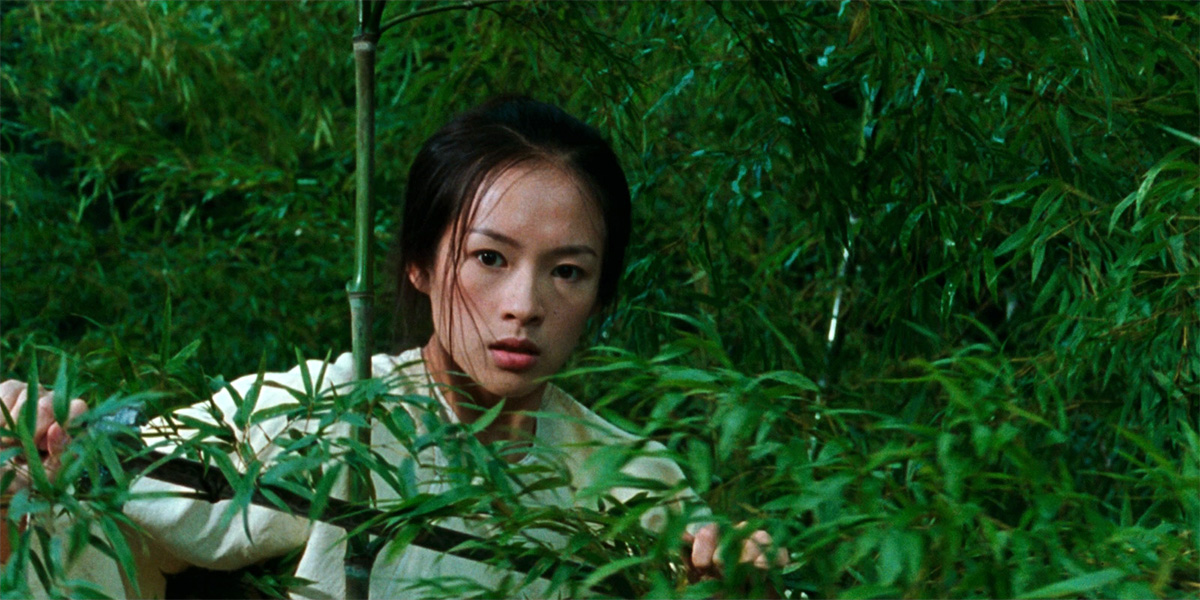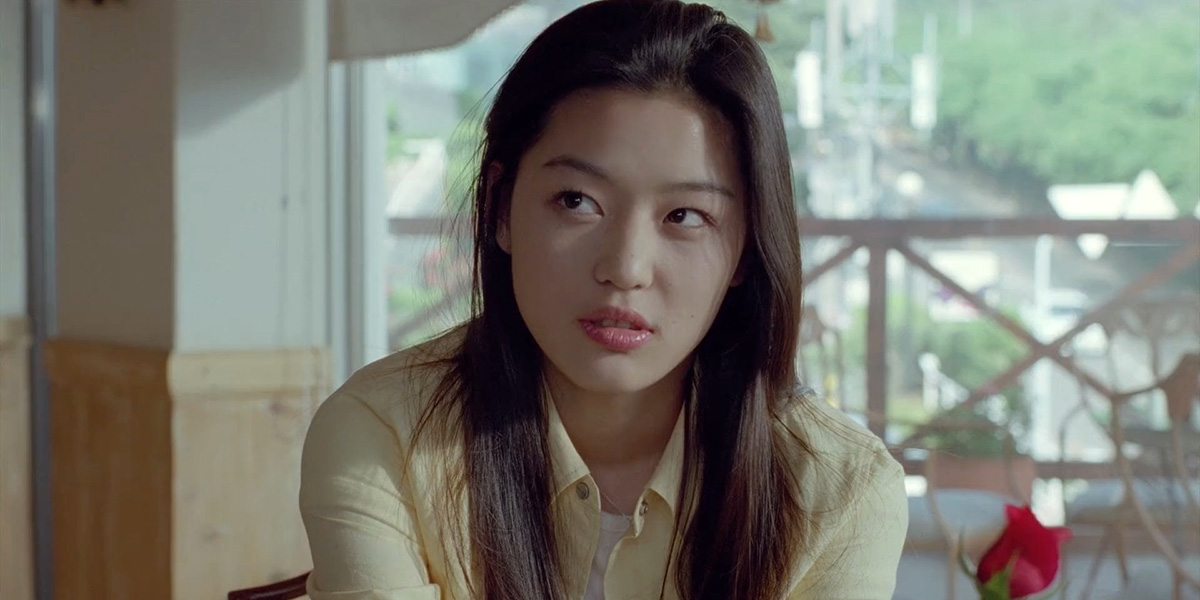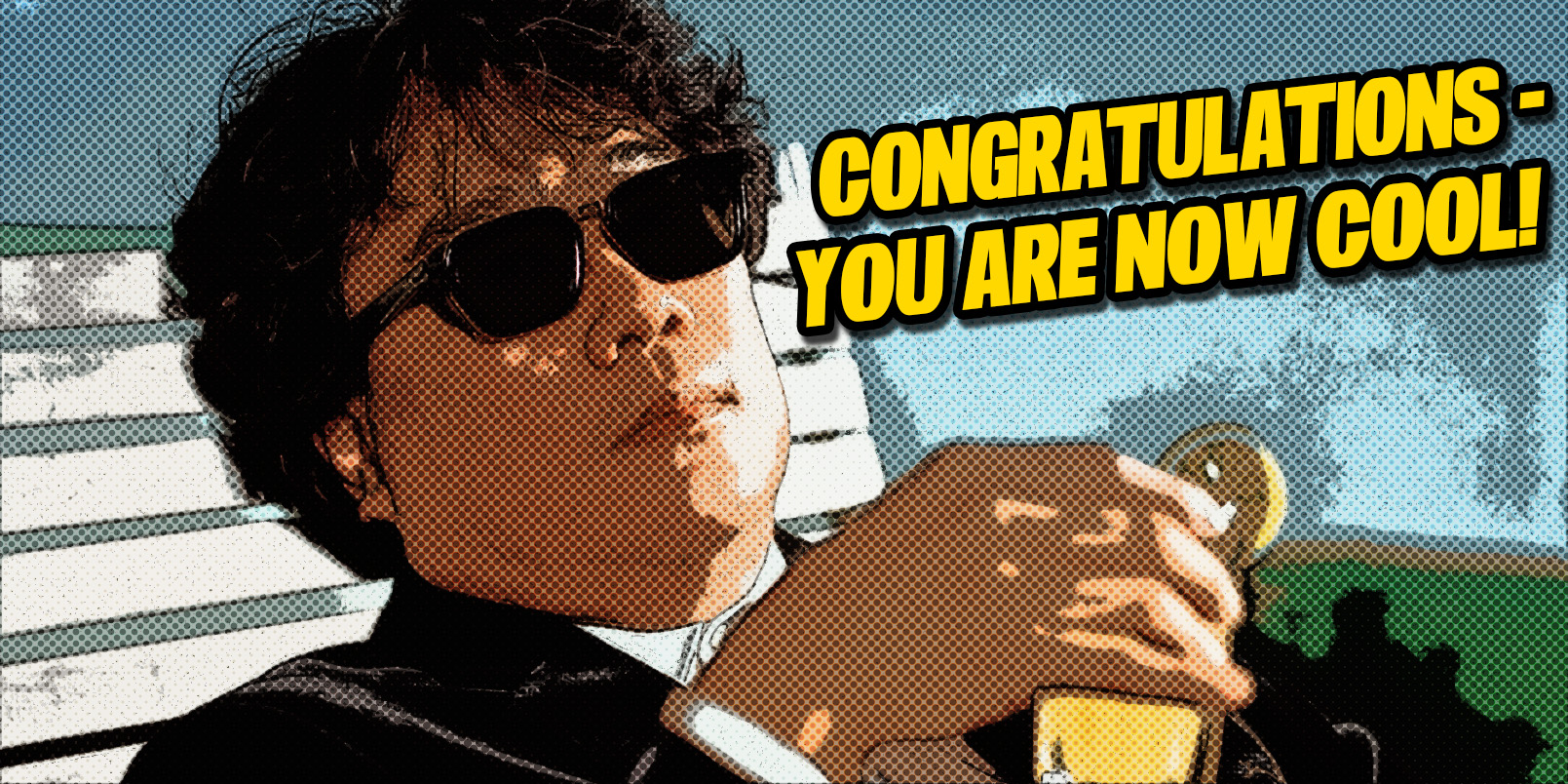It must have come as some relief to Bong Joon-Ho that he, and the fifty-plus million residents of South Korea, were now ‘cool’. Who knew that they made films there? Apparently they make music and television and have electricity and everything! Yet Bong Joon-Ho winning the Academy Awards for Best Picture and Director for ‘Parasite’ (see excellent review elsewhere on this site, posted significantly before the love-in started) has validated that obscure piece of land where they talk funny. We even had a headline in ‘The Times’ that gave us the lowdown:
“How South Korea Became Cool.”
The mainstream media, bar the occasional Rayns, Kermode or Tarantino, have always had this wonderfully sniffy attitude towards Far Eastern cinema. Occasionally, a moment comes that changes the narrative: ‘Rashomon’ in 1950 alerted the world to the incredible fact that Japan had quite a prodigious, artistic and self-contained cinema of its own; in my lifetime, there was the ‘shock and awe’ that Hong Kong/China/Taiwan could also produce good films after the success of ‘Crouching Tiger, Hidden Dragon‘ in 2000. The fact that it existed in the much-maligned martial arts genre must have stuck in the craw of a few. Of course, there were always a few hardy souls championing other cinema around the world. Yet what we are talking about is the majority of the media, those who think agenda-driven modern Western entertainment is the be-all-and-end-all of reality, those who ultimate shape opinion.

Song Kang-Ho in ‘Parasite’ (2019)
I have had a fascination with Asian cinema ever since discovering Jackie Chan in the 1980s (film-wise, he wasn’t hiding in my cupboard or anything) which subsequently nudged me towards Sammo Hung, Shaw Brothers and the martial arts genre. From there I dipped my toe into other Hong Kong genres, explored Japanese cinema before tagging onto the end of South Korean cinema’s epiphany in the late 90s (I admit to being a late adopter). Before the internet, the way to watch anything from Hong Kong that hadn’t been released in the country was the world of third-generation VHS where subtitles were invariably the same colour as the background and my copy of ‘Eastern Condors‘ looked like it was filmed by Georges Méliès. Then the internet came along and in its infancy there were sites like this one (formerly Dragons Den UK), City On Fire, Love and Bullets, View From Brooklyn Bridge and many others that championed every genre of Far Eastern cinema no matter how niche or bizarre. What an education though! Yet despite the information out there, I still had the same experience when I showed someone my burgeoning DVD collection. “Do you have any normal films?” “How do you understand what they are saying?” “So, you’re telling me that these films are just like ordinary films?” In many ways, nothing had changed. Not that it should of course; there is no divine edict that everyone should watch subtitled films and sing Kumbaya. But just the acceptance that film-making isn’t just a US/European hegemony was hard to squeeze out of anyone’s jowls.
At this time of writing, I haven’t watched ‘Parasite’ yet. Nevertheless, any director who has been responsible for work like ‘Memories of Murder’ and ‘The Host‘ is clearly someone a cut above the norm. His Academy Award is not so much a surprise as it is a frustration that it took so long for a film out of the Western bubble to break out of the insularity of the ‘Best Foreign Film’ dungeon. I fully expect everyone to become an expert on Asian cinema now as they were when ‘Crouching Tiger, Hidden Dragon’ was a hit; I would get patronising lectures on how Chinese cinema worked from people I barely knew and revisionist re-tellings of people’s histories where they insisted “I’ve always liked these films”. Don’t get me wrong, I am certainly not an expert in Asian cinema the way some are. Yet I’ve been relatively aware of how good films from the other side of the world can be.

Zhang Ziyi in ‘Crouching Tiger, Hidden Dragon’ (2000)
Perhaps it’s serendipity. Maybe there is some bizarre plan. But in the last 18 months there has also been the not inconsiderable realisation that even popular music could exist without English lyrics. And we’re not talking smooth Gallic music from Gainsbourg or bronzed musings of the older Iglesias, the kind of audio you could play in the background of a middle class party without anyone launching their skewered pineapple and cheddar at your face. No, we are talking about music that is as slickly produced and hubristic as its Western counterpart. K-Pop, once the obsession of a minority outside of Asia, is now an acceptable thing to listen to in public. You even hear wedges of bands like BTS playing on commercial radio between cretinous dollops of the usual popular fare. That’s not to say that K-Pop is high art though. Nor does it need to be. Nor should it be. The fact that it exists and is now thriving outside of a relatively small bubble of the cognoscenti is testament to the fact that times might be changing. The outsiders have suddenly been ordained as ‘cool’ by the mainstream. And there is a feeling that this cultural knighthood from the higher echelons has somehow validated our existences.
As ever though, the intention is to contort something original and fit it into the Hollywood mould. HBO have announced a mini-series based on ‘Parasite’ to air next year. We certainly all look forward to being force-fed identity politics from yet another source. BTS are now mainstream enough to appear on US talk shows and get routinely patted on the head appreciatively. Perhaps, on UK shores, a K-Drama might even dislodge the endless cycle of Scandinavian melancholia that makes up a fair clump of the dramas on Channel 4 and BBCFour. That would give Mrs. Pugh, minor K-Drama expert as she is, that same feeling as many of us have had where we don’t know whether to celebrate this new recognition or wish everything could return to obscurity. That is the eternal paradox with attaching oneself to the obscure (in the sense of Western acceptance): you demand people sit up and take notice of another culture and when they do, when even the most inane presenter knows what a Ninja is or references Manga, you feel as if one of your children has been taken from you by a travelling circus.

Jun Ji-Hyun in ‘My Sassy Girl’ (2001)
The point of all of this waffle is not to bemoan the popularity of all things East Asian at various junctures in time. It isn’t to spit on those who find the music, film, art and other cultural forms through this new-found recognition on the world stage; we’ve all happened on these things one way or another and a neophyte is no less a fan of things than a grizzled veteran who frequented the conventions that kept things alive in the West through fallow periods. This is merely to point out that South Korea is not cool. Nor are Japan or Hong Kong. To suggest they are is to imply that they are some floating cloud of cultural vapour that appears briefly before dissipating into the air. It’s to think that the millions, billions even, outside of the Western world who have been watching films since the birth of cinema are somehow cultural Morlocks who just don’t know any better. ‘Cool’ is not a validation for South Korea or any other country’s films or music. It is a pat on the head by a patronising aunt. It is the gushing nonsense that has erupted post-‘Parasite’ Oscar win by those who could barely contain their disdain six months earlier. The fact is that whether you love the work of Fred Olen Ray or will only watch films with Amitabh Bachchan in them, they are precious to you and do not need the nod of approval from the mainstream media to say that you can now watch them with impunity. Friends, go out of your homes, turn Girls Generation up to eleven and puncture the foggy mist of Katy Perry based air pollution. Wear your ‘Seven Samurai’ t-shirt with a smug air of nonchalance. Adopt a Jun Ji-Hyun style swagger á la ‘My Sassy Girl‘ as you do so. Perhaps even dollop some kimchi on your snack even if you cannot stand the stuff. When the passing phase finishes and the majority of people are back on ‘Fast & Furious 18’, you’ll still be valid.
- In Love With… Martial Arts Movies: From Bruce Lee to the Ninjas - August 24, 2025
- Painful? – A Richard Norton Obituary - April 5, 2025
- In Love With… One-Armed Swordsman - March 3, 2025

